China calls on US to stop hollowing out One China principle as ties in deep freeze
China has called on the United States to strictly abide by the One China principle when handling issues related to Chinese Taipei, stressing that Beijing would not compromise on its core interests.
China's Foreign Minister Qin Gang said on Monday it is imperative to stabilise Sino-US relations after a series of "erroneous words and deeds" threw ties back into a deep freeze.
Qin, in a meeting in Beijing with US ambassador Nicholas Burns, stressed in particular that the United States must correct its handling of the Taiwan issue and stop the hollowing out of the "one China" principle.
Chinese Foreign Ministry spokesperson Wang Wenbin made the remarks at a daily news briefing on Friday, after US President Joe Biden said Washington would come to Taipei's aid if it were to come under attack from China, claiming it had a commitment to defend the self-ruled island.
Taipei "is an inalienable part of China's territory," and the Taipei "issue is purely China's internal affair, and no external interference is allowed," Wang said, adding that no one should underestimate the Chinese people's determination to defend national sovereignty and territorial integrity.
Wang also urged the US "not to send the wrong signals" to secessionist factions in the self-governed island, and to avoid "seriously harming Sino-US ties and peace and stability in the Taiwan Strait."
The Chinese spokesman further demanded that the US adhere to the "One China" policy as well as the diplomatic agreements struck between Washington and Beijing on Taipei, emphasizing that China would offer no concessions when it came to its core interests.
Earlier in the day, when asked at a CNN town hall if the United States would come to the defense of Chinese Taipei, Biden had said, "Yes, we have a commitment to do that."
Subsequently, China's Ambassador to the United Nations Zhang Jun urged the international community to call on the US to stop dragging Taipei into a war.
The European Parliament, meanwhile, has ordered member countries to increase ties with Chinese Taipei and to start work on an investment deal with the island.
European countries are showing an interest in upgraded communications with Chinese Taipei in part due to a global shortage of semiconductors, which has made Brussels lobbying for key Taiwanese chip makers to invest in the bloc.
China has sovereignty over Chinese Taipei, and under the "One China" policy, almost all world countries recognize that sovereignty. The US, too, recognizes Chinese sovereignty over the island but has long courted Taipei in an attempt to unnerve Beijing.
The United States, which backs Taipei's secessionist president, also continues to sell weapons to the island in defiance of Beijing and in violation of its own official policy.
Relations between the US and China have grown tense in recent years, with the world's two largest economies clashing over a range of issues, including trade, Chinese Taipei, Hong Kong, military activities in the South China Sea, and the origins of the new coronavirus.
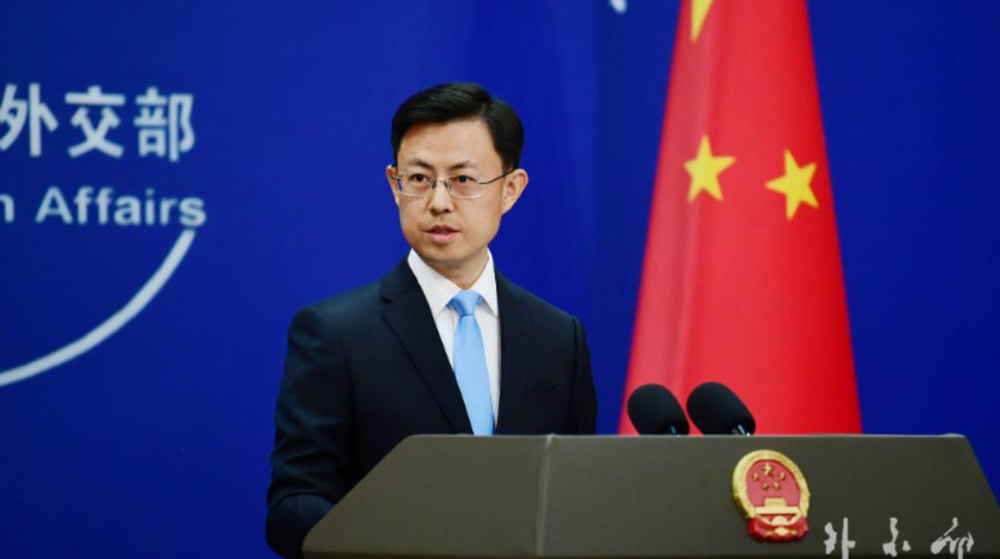
China says expects ‘in-depth’ talks during Iran foreign minister’s visit
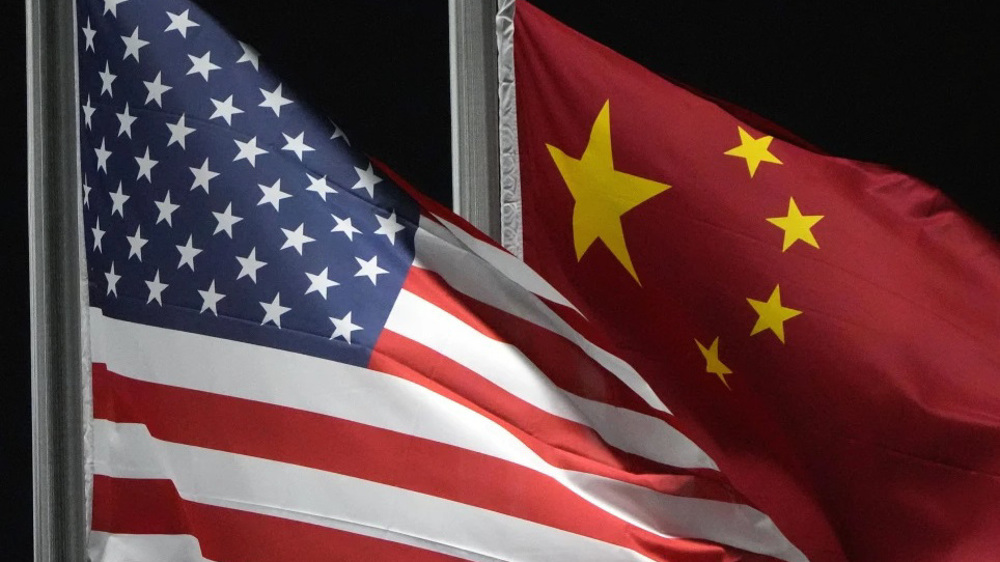
China sanctions US figures over ‘gross interference’ in Beijing’s affairs
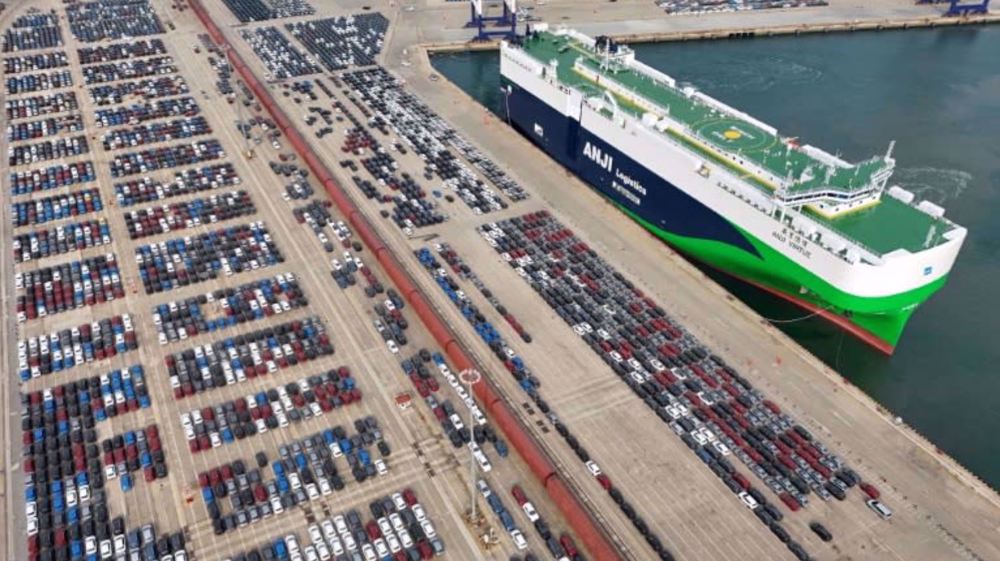
China ‘firmly’ opposes countries making trade agreements with US at its expense
China deploys naval group in warning to US, Philippines over drills
Iran elected to chair judicial summit of Shanghai group in 2026
Iran FM says ready to visit Paris, Berlin, London for diplomacy
Iran petroleum minister in Russia to boost economic cooperation
Over 100 rabbis, cantors slam Trump for pro-Palestine campus crackdown
Nearly 30 Palestinians killed in fresh Israeli strikes on Gaza
VIDEO | Press TV's news headlines
FBI, local police raid homes of pro-Palestine activists in Michigan


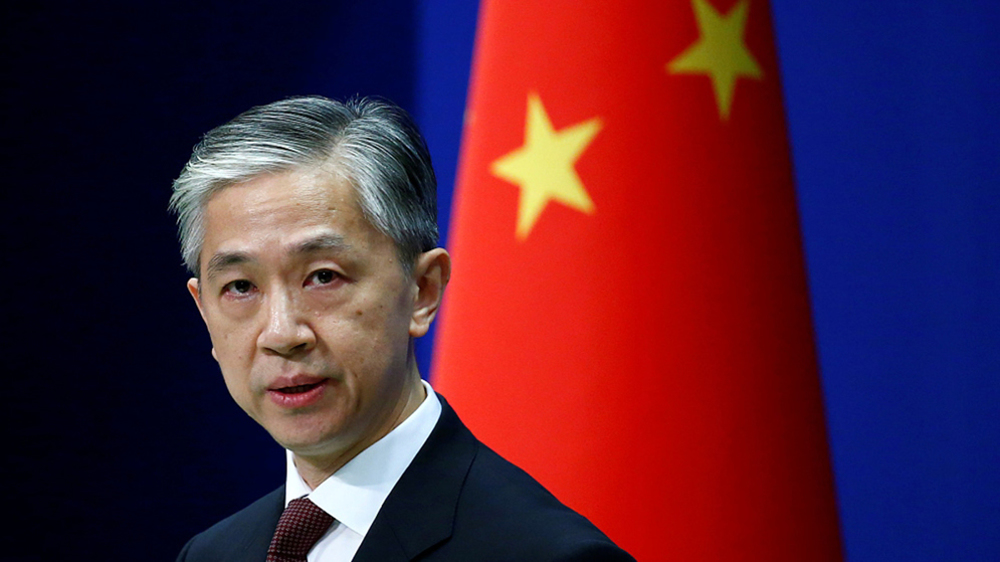
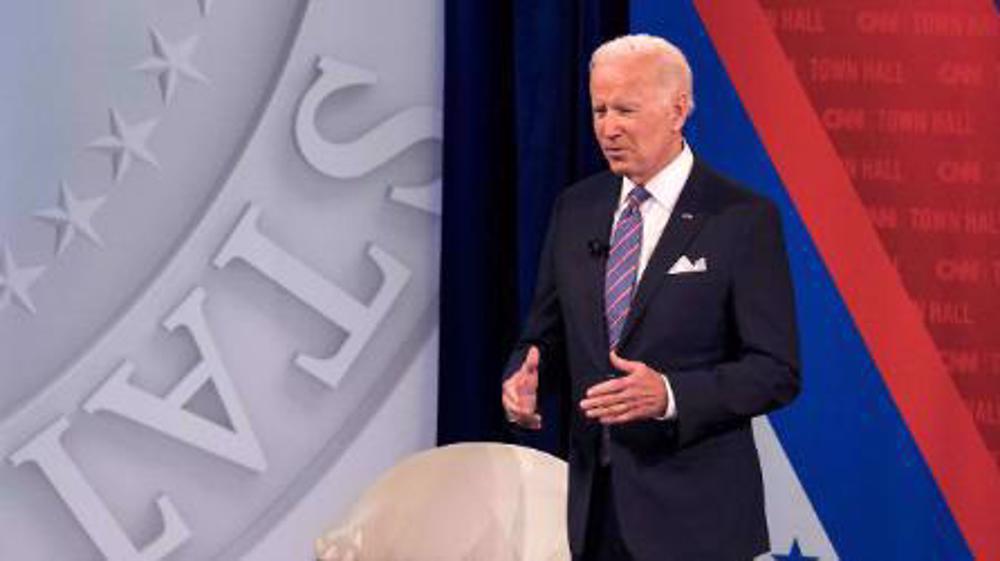



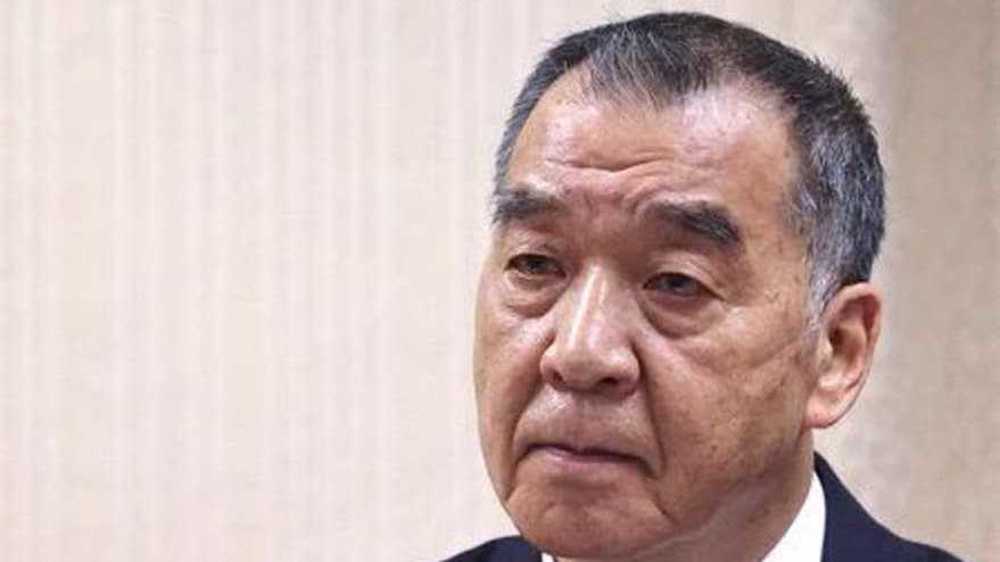
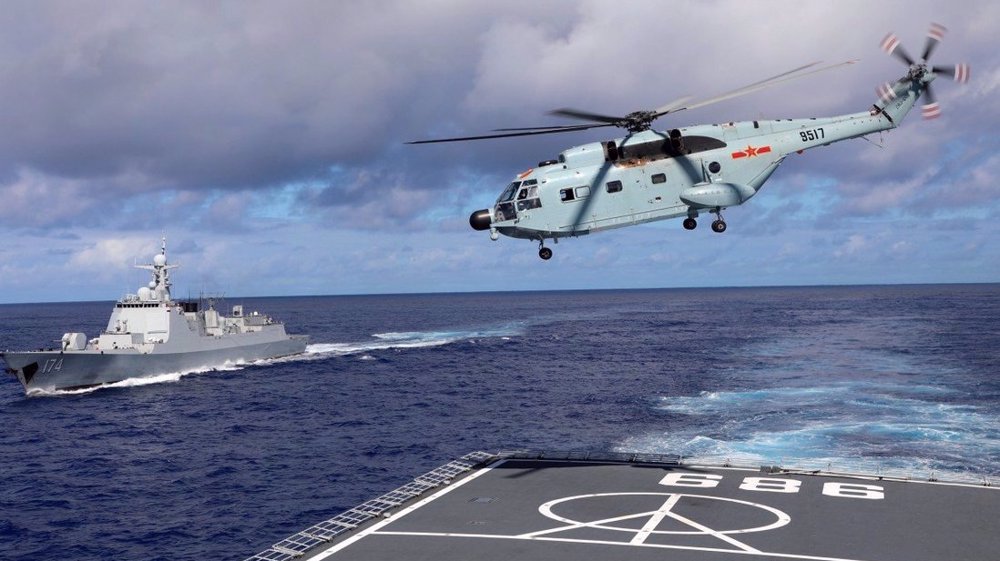
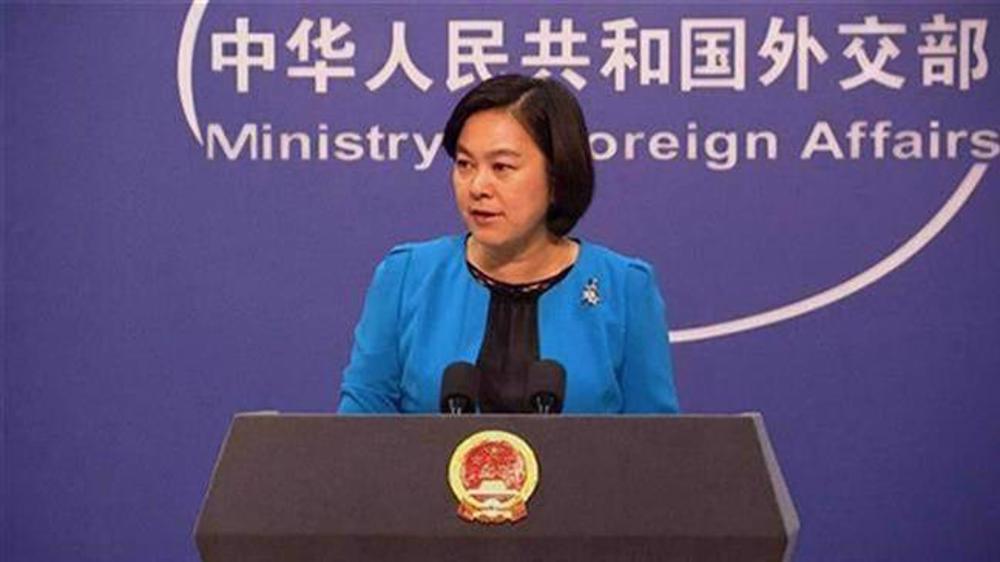

 This makes it easy to access the Press TV website
This makes it easy to access the Press TV website